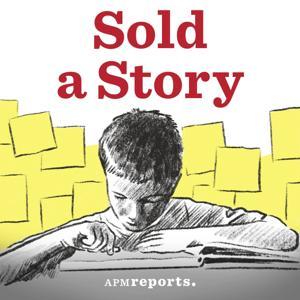In this powerful and personal episode, Donell Pons introduces her husband, Curtis, and his lifelong challenges with dyslexia. Through their candid conversation, listeners take an emotional journey, from the honeymoon revelation of Curtis's reading difficulties to his decision to leave college despite academic success. Curtis shares his experiences navigating careers and finding support, while Donell reflects on the challenges of identifying and addressing dyslexia, both for their family and in the broader education system.
This episode illuminates the profound impact of reading difficulties, the importance of early intervention, and the transformative power of advocacy and perseverance. Curtis's story of overcoming the odds and Donell's unwavering commitment to making a difference in the lives of those with dyslexia and in education is truly inspiring.
This is part one of the Literacy Talks miniseries Dyslexia Talks, hosted by Donell Pons.
Show Notes
Resources:
- Foundational Literacy for Adult Education—Reading Horizons Elevate®
- Foundational Literacy for Dyslexia—Reading Horizons
💬 Want more insights like this?
Subscribe to the Literacy Talks Podcast Digest for episode recaps, resources, and teaching takeaways delivered straight to your inbox!
Do you teach Structured Literacy in a K–3 setting?
Sign up for a free license of Reading Horizons Discovery® LIVE and start teaching right away—no setup, no hassle. Sign-up Now.
Coming Soon: Reading Horizons Ascend™
From Pre-K readiness to advanced fluency, Ascend™ offers a consistent, needs-based reading experience across every grade, tier, and model—so every student can build mastery, one skill at a time. Learn More.




































